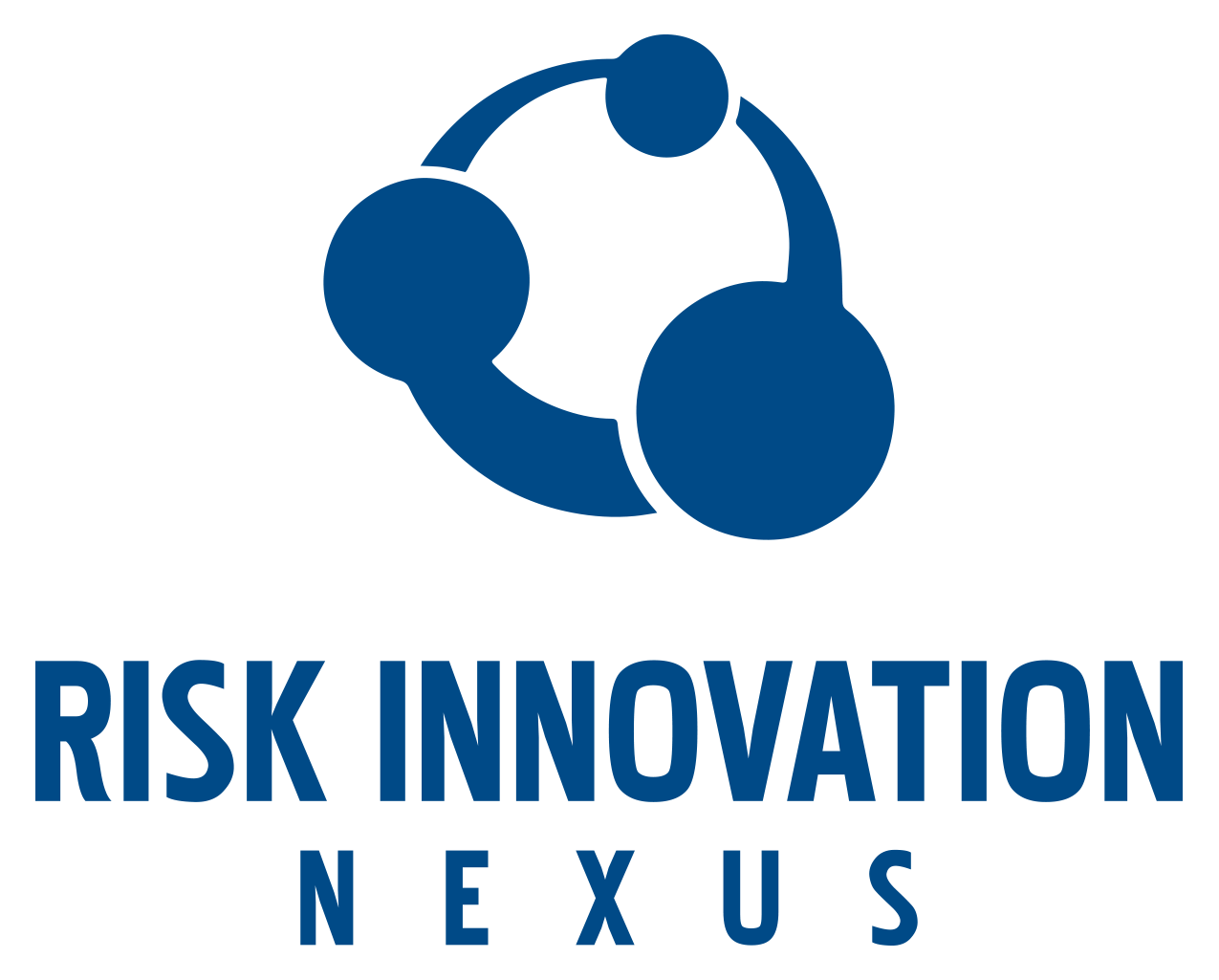Blog: Rethinking Risk
Risk Innovation in a Time of CoronavirusRisk Innovation in a Time of Coronavirus
We’ve been planning to launch an informal platform through the Risk Innovation Nexus for some time now, where we can share what we’re exploring, developing and doing, and how this connects with emerging challenges that entrepreneurs, businesses and others are facing. The idea was to do this sometime over the next few months. But as with everything else it seems, coronavirus has led to us re-evaluating where we’re at, especially as a growing number of people and organizations are faced with a future impacted by unexpected and unfamiliar risks.
And so, without further ado, I’d like to welcome you to the Risk Innovation Blog!
We’ll be sharing our ideas and insights here on how a risk innovation approach and mindset can transform how organizations and individuals navigate an increasingly complex risk landscape. We’ll also be chatting about thinking differently about risk in a changing world. And of course, we’ll be talking more about our tools, products, and services, and how they can help individuals and organizations not only survive, but thrive in the face of risks that are easy to overlook, and yet have a tendency to pull the rug from under you if you’re not careful.
But to kick us off, I wanted to talk briefly about risk innovation in the light of coronavirus and COVID-19.
First things first, it’s really important to note that risk innovation is intended to complement and enhance existing risk assessment and management approaches, which is a gentle way of saying that, if you are in the thick of managing the immediate health impacts of coronavirus, this website should not be your first port of call! Rather, please make sure you are up to speed with expert advice and responses from organizations such as the Centers for Disease Control and Prevention and the World Health Organization, as well as state and local authorities!
However, beyond the near-term health impacts, novel coronavirus is posing threats to what’s important to organizations, communities, businesses and individuals that go way beyond the risks of contracting COVID-19 — the disease associated with the virus. These range from stress and anxiety over the possible impacts to friends and family, threats to mental health and wellbeing that come with prolonged self-isolation, and the potential socioeconomic impacts of extreme mitigation strategies, to the consequences of disproportionate access to life-saving healthcare.
Many of these risks are hard to quantify and easy to overlook. And yet they are likely to have a profound impact on how communities and businesses weather the coronavirus storm.
These are risks that we collectively refer to as “orphan risks” in the Nexus, simply because they are all too easily ignored, yet are often critically important to future success. And even at this point in the virus’ progression, it’s becoming increasingly clear that the long-term resilience of organizations in the face of coronavirus will depend on taking these orphan risks seriously, and developing strategies to navigate them.
This is at the core of risk innovation. It’s a way of thinking about risk that begins to map out the orphan risks that potentially threaten what’s important to you, your community, and the enterprises you are a part of. It includes a growing set of tools and resources that help navigate novel risks. It’s an approach to risk that considers threats to what others value, as well as what’s important to you. And it’s an approach to risk that dovetails into more formal ways of assessing and managing risks.
But more than this, risk innovation is about developing a mindset that equips you and your organization to thrive where the risks of the future simply cannot be navigated effectively with the risk management tools of the past.
And this is why, beyond the immediate health risks, risk innovation is critically important to developing the agility, resilience and foresight that we’re going to need if we’re to build a better future, in spite of novel coronavirus.
We’ll be talking more about how risk innovation can help in a time of coronavirus in future posts. But in the meantime, please do check out our information on the Risk Innovation Nexus approach, our resources, and our tools and services.
And please join our mailing list for future news and insights from the Risk Innovation Nexus!
